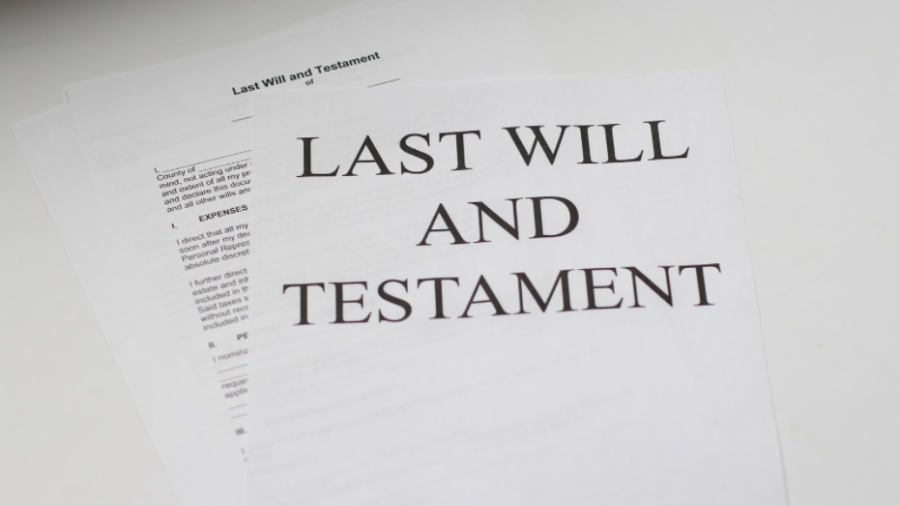How To Transfer Property Ownership After Death With a Will
When a person dies, he or she may leave behind many different types of property. If handled correctly, this property may be transferred to a beneficiary of the deceased person’s choosing. In many cases, this will be a spouse or next of kin. However, it may be possible to transfer property to other parties as long as the will or other estate plan documents have been created in adherence with the law.

The Benefits of Making a Will
A will is a legal document that provides direction for how property is to be transferred. It may also provide instructions as to who will take care of minor children. Therefore, it may be a good idea for individuals in Australia to talk with Sydney BD lawyers or law firms in your area while still of sound mind.
An attorney may be able to help a person name beneficiaries, name an executor or handle other steps in creating and registering the will. It is important to note that a person must be of sound mind when creating such a document. It may also be necessary to have it signed by one or more witnesses for it to be considered valid.
Transfer of Property After Death With Will
After a person passes on, property will be transferred first to the executor of the estate or to beneficiaries. The first step in this process is for the party receiving the transfer to fill out and submit a transmission application form. There are two forms with one being for a transfer to a devisee, next of kin or a beneficiary. The other is for a transfer to executor or a trustee.
The form will need to contain information such as the name of the applicant, the name of the deceased and the eNOS identification key if a sale notice was completed electronically. It will also need to contain the date a person died as well as the date in which probate or the letters of administration were granted. Probate is granted if the deceased had a will while letters of administration cover estates without a will.
Next, it will be necessary to sign and submit the transmission application form. Other documents required for transfer of property after death include a signed copy of the letters of administration or the document granting probate. This must be accompanied by a sale notice submitted to Revenue NSW in addition to a copy of the title to the property.
The final step is to pay the appropriate fees. Beneficiaries may have to pay a $50 stamp fee in addition to paying off any mortgage on a home or other piece of real property. It may not be possible to get the title to the property without paying off the mortgage first. After all filing fees have been paid, a new title will be issued.
This Process May Not Apply In All Circumstances
It is important to point out that there are separate processes if a property is being transferred to a new buyer. Other processes also apply if the home is owned by the deceased person in a joint tenancy. It may be best to talk with an attorney if you need more information as to how to transfer property ownership after death in such cases. Generally speaking, if a property was titled in joint tenancy, the other person listed on the title receives the property.
What Happens if the Will Isn’t Created Properly?
It is possible that questions will arise about a person’s will after he or she passes. For instance, there may be multiple copies of a will found or evidence that it was created while an individual was not of sound mind. Challenging a will in Australia may also be possible under the theory that it was not properly witnessed.
While challenging a will costs time and money, it may be the right thing to do in certain circumstances. It may help to ensure that you get a fair share of the inheritance or that sentimental items remain in the family where they belong. Multiple parties may have standing when it comes to challenging a will.
For instance, if you are the child, former spouse or de facto partner of the deceased, you may be able to make a claim in court under the Succession Act 2006. All that a person needs to prove is that proper provisions were not made to provide for that individual in the deceased’s will. This may mean that an individual receives assets such as a bank account, home or other property.
Creating a will makes it possible to have greater control over where assets go after a person passes away. Talking with an attorney may help craft a will or other plan documents in a manner that best meets an individual’s needs. Executors or beneficiaries may also want to consult an attorney to help answer any questions that they may have as it relates to probate or property transfer issues.